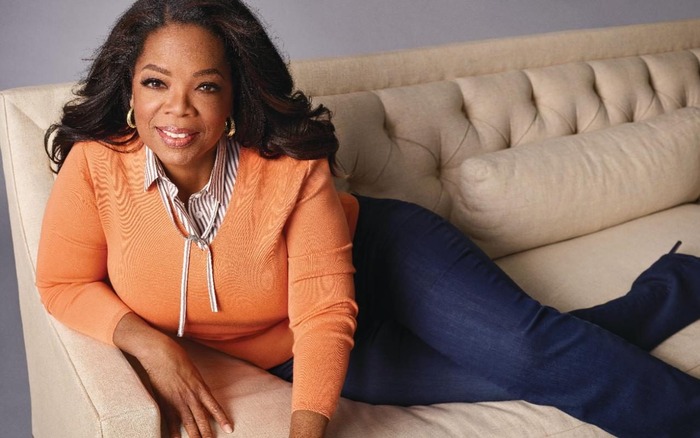One third of bleeding edge harlequins Das Racist, Kool A.D. may have taken the joke a little too far on The Palm Wine Drinkard, the first of a trio of promised solo efforts from the group. The tape, which takes its name from Amos Tutuola’s deeply twisted, fantastical tales of African folklore amid modern trappings, Drinkard is at once strange, stimulating and insulting. Mainly a collection of instrumentals, beats and chants, there is little rapping to be found and practically none of the rapier wit that has become Das Racist’s calling card.
Kool wastes no time in not giving us what we want on the eponymous opening track, as the listener is instantly challenged by a long instrumental. A drum roll gives way to a porno thump and smattering of horn highlights, the familiar notes of “Taps” and “The Star Spangled Banner” delicately laced amongst the notes while we listen helplessly for a word. “Lagrimas Blancas” provides some of those words, albeit in the repetitive style the group showcased on “Combination Pizza Hut and Taco Bell.” A deceptively deep beat, powered by large tones, serves as the backdrop for Kool’s improved setting. Far from the fast food trappings he frequented before, his revolving hook now assures us he is in the swimming pool in Barcelona, perhaps explaining his vacation from rapping.
“A Ganglion of Lightnings” and “Girls and Women” are perhaps the best cuts on Drinkard. Somnambulistic R & B in the vein of Frank Ocean, sweet nothings sing over a driving beat and thick, powdery soundscape on “A Ganglion of Lightnings.” Electricity ebbs and flows, meandering beneath the airy vocals; hints of charge and glow shimmer and faint like heat lightning. “Girls and Women” is slow noise, like Cocaine 80’s on ketamine, locked in the studio with nothing but synthesizers and drum machines. Softly blooming chords spring from the molasses four-to-the-floor ground while A.D. ruminates on the necessity of love and the difference between the titular subjects. His revelation is not groundbreaking, but does resonate; “girls don’t think enough, women think too much.”
The winking, self-aggrandizing suicide that Das Racist is known for finally shows up on “Fun.” A five minute fever dream of wild sounds and the delightful world of stupid dance music, the fourth wall breaking lyrics are similar in content and style to “Brand New Dance”, while slightly less heavy handed and quite more non sequitur. After the usual slings and arrows about brand new dances and the purposely limp lines imploring one to try them, the beat breaks down into silence. One by one, the elements of the song are called back into play like a Pokemon master throwing forth one of his adorably menacing charges for battle. “Bass! Drums! Other shit! Clap!” Kool cries, summoning the sounds like a dime store wizard in a newspaper hat.
The Palm Wine Drinkard‘s other tracks provide far less whimsy and intrigue than the highlights. “Titties Out” is nothing more than a syrup slurred sex/dance anthem that, while possibly a joke, is so banal and sophomoric that it borders on moronic and simply falls flat. “Booty In The Air” is a acerbic, grating song in the same vein, this time dedicated to the back side as opposed to the front. That it appears in a far better form on Relax is particularly biting.
“Flying Thru The Air Inna Airplane” is another stream of consciousness recollection of moments seemingly as they happen, this time utilizing pitch skewed voices to recount an uninteresting tale of TV, drinks, hotel rooms and aircraft. A jagged, free flowing saxophone solo awaits on “Antenna Man’s Theme,” a track which takes much from the tape while selfishly providing nothing in return; it is almost a dare to listen to the piece in its entirety.
A final flash of that vicious burlesque vision can be found on “You Can Sell Anything.” A 90’s dance track complete with pulsing organs and synth claps serves as the backdrop to the line “you can sell anything” and ludicrous yelps. Deftly proving its point, by the end of the track I was convinced that this sound was the next one to be revived, the new dance sound after Jessica 6 and Hercules and Love Affair’s nu-disco efforts are abandoned by the molly addled minds that populate the dance floors that decide such things.
Highlights aside, one would not be wrong to expect more from Das Racist, and Kool A.D. in particular. While the punchline is still potent and the praise will undoubtedly return, here it has gone too far; here it has been pushed and pulled and dissolved into a sticky, un-even mess.
Prime Cuts: “Ganglion of Lightnings”, “Girls and Women”, “You Can Sell Anything”
The Palm Wine Drinkard receives a PA
Rating:
P…Horrible
PA…Tolerable
PAR…Good
PARL…Kinda Great
PARLÉ… Classic
Ariana Grande & Her Husband Have Split Up? The Truth Is…
Lori Harvey & Quavo Are Dating Now? Here’s What We Know
50 Cent Compares His Album Sales To Eminem’s — Who Sold More?
Oprah Winfrey Beach Photo Sets Social Media On Fire





